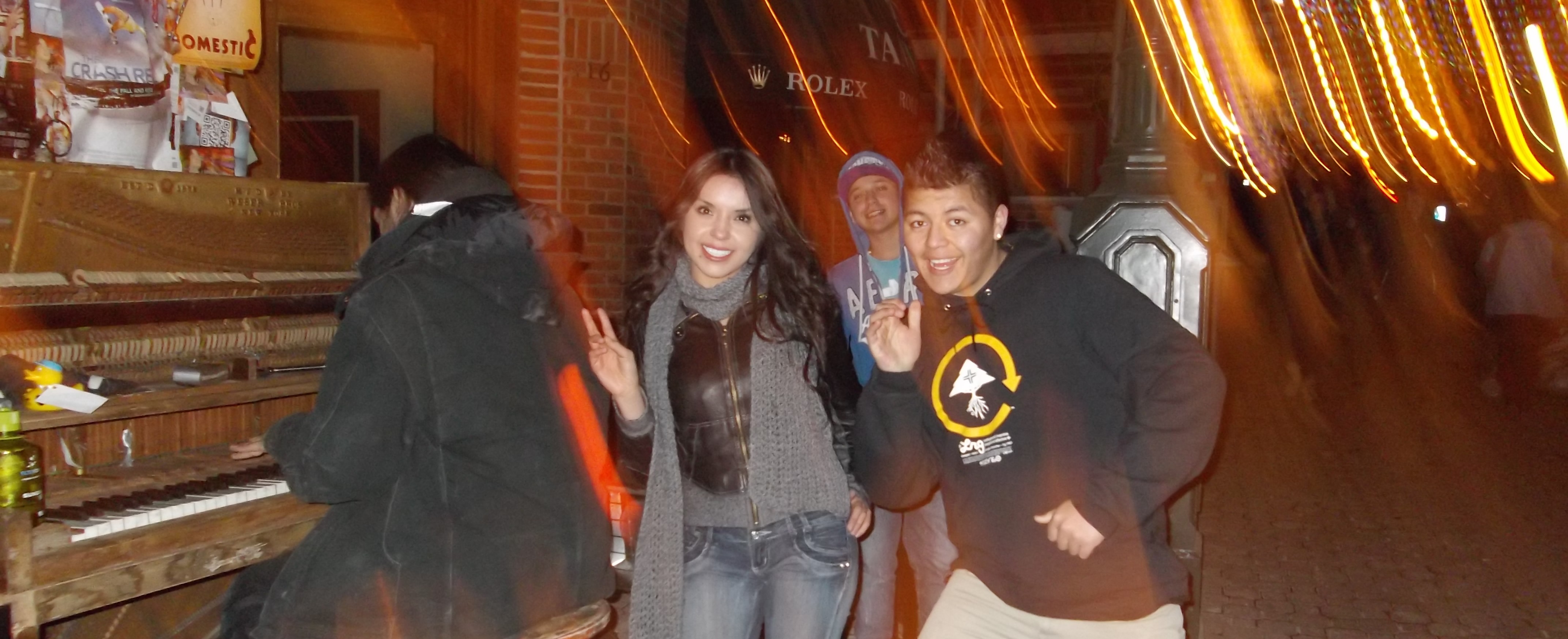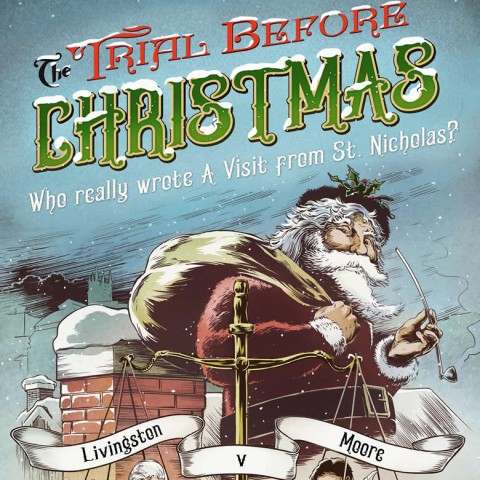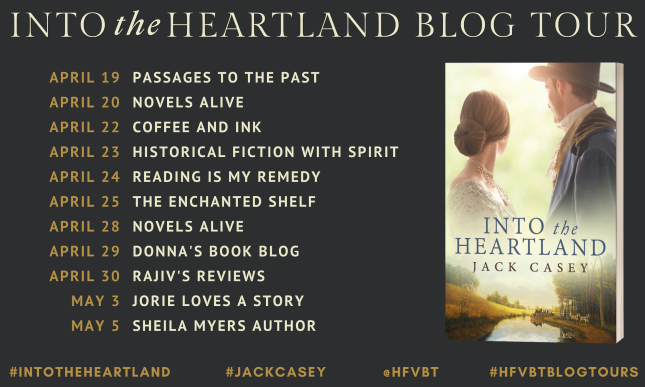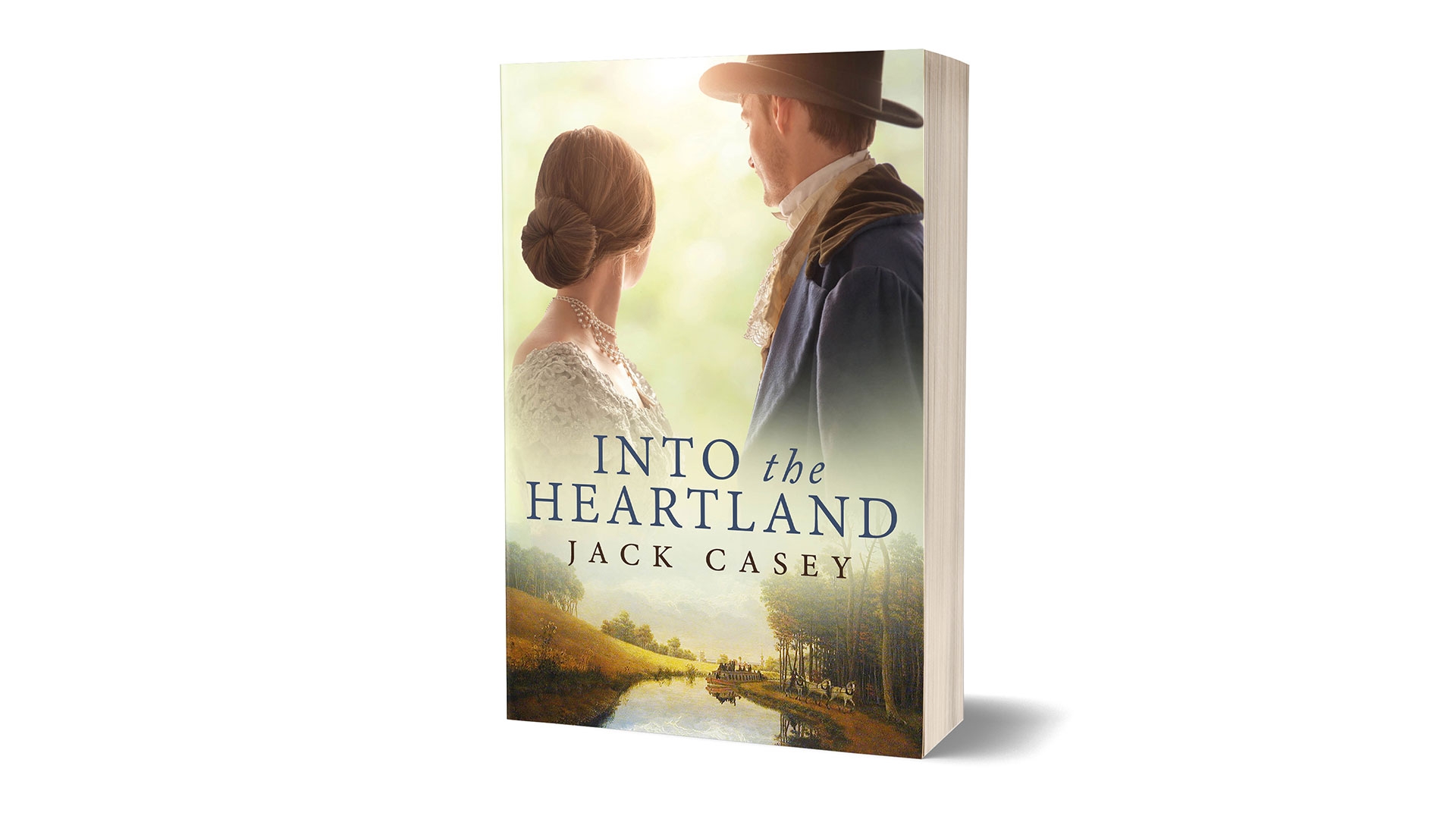Notes on Sundance ’13 — Part 2

<— Previous Notes on Sundance '13 — Part 1
DRONES
Park City, UTAH – (January 26, 2013) We postponed skiing to take in a film this Saturday afternoon, and were lucky to get into “Dirty Wars,” directed by Richard Rowley of Big Noise Films.
DIRTY WARS
This film is scary, really scary. Stitching together interviews with raw footage of attacks on civilians in Afganistan, Somalia and Yemen, this exposé shows the results in human terms of JSOC killing sprees. The United States Joint Special Operations Command, a high-tier combat squad, apparently keeps a “kill-list” from which not even U.S. citizens are safe and, reportedly, the president gets to select who dies. When informants, even ones with questionable credibility, give tips to JSOC, in fly the helicopter hit squads or the robotic drones, and the Third-World landscape is soon littered with bodies of men, women and children.
[“DirtyWars” won the festival’s Cinematography Award in the U.S. Documentary Category.]
As narrator, journalist Jeremy Scahill’s deadpan style sets a perfect emotional pitch to check the moral outrage every American must feel at murders the government commits under the guise of fighting terror. His is no a partisan attack. Scahill keeps an open mind as he searches for the truth, but not many high-ranking officials want to talk. He and Rowley go where they need to in order to investigate our ‘War on Terror.” According to the film, no longer does America believe it needs to declare war before attacking a country, but can simply unleash JSOC to conduct covert night raids and kill missions, some hit squads even cutting the bullets out of dead bodies so the murders can’t be traced.
The film’s final segment explores how Anwar Al-Awlaki, a U.S. citizen and radical Muslim cleric from New Mexico, was killed last September in Yemin, apparently because of his views. Two weeks later his 16-year-old son was also killed. One of the most moving segments of the film shows the father/grandfather discussing the loss of his son and his grandson.

THIS IS MARTIN BONNER
We went to this by accident – due to a schedule typo, I was informed. The effort tried for a roman á clef feel, but came off sappy. Its story was a snoozer, a missionary-type middle-aged Australian dude seeking a new career in helping parolees acclimate to civilian life. Best part was the opening where a big mean black brother calls the goody-two-shoes on his shee-it, very funny because it often is easier to do the time than put up with probation or parole officers (or indeed movies about them).
The so-called criminal of the piece was a remorseful loser who killed someone while he was driving drunk, and after he hires a pretty hooker to release some steam, he seeks to establish a relationship with a daughter he hasn’t seen for a dozen years. By Jove! I’ve got it! He needs a woman in his life. And Martin Bonner is the guy to help, but Bonner’s not with his kids either and the reason he’s in the dessert never really come out. He’s simply trying to find himself by helping others find themselves, and as lackadaisical as he is, he’s trying harder than the writer tried to find his story. Sort of like reading Marcel Proust. We sat three people away from the director and we had to climb over him to get out before the Q & A.
SUNDANCE
Nearly two hundred films were aired in a variety of venues in the little mountain town of Park City, Utah – the library, the high school, the old Egyptian Theater – and tickets were tough to get. While many of the films were mundane and immature, glorifying subjects near and dear to the radical left, films like “Lovelace” and “Dirty Wars” put aside bias and struck into the humanity of their subjects, revealing prejudices and ugly projections of our culture that objectify human beings and by abusing them seek to purge or neutralize some notion of evil.
Good storytelling the world over, from the first caveman who made a handshadow on the wall to the latest in digital cameras, has not changed and even though some of the experiments – perhaps even many or most of them – flopped, it is a testament to the festival that it encourages originality and experimentation and new ways of acquainting us with old, universal themes.
Out of the darkened moviehouses and onto the sunny mountains with heavenly vistas of clouds and valleys of the high country, the mind and heart and soul are able to breathe, to expand in this rarified air during this special time, and with the bluegrass combos or the country western bands twanging in the restaurants at night, it is America at its best – gaudy and raucous and edgy and smug and happy all the livelong day and night! I’ll be going back next year, and persuading everyone who has a similar interest to join me!


